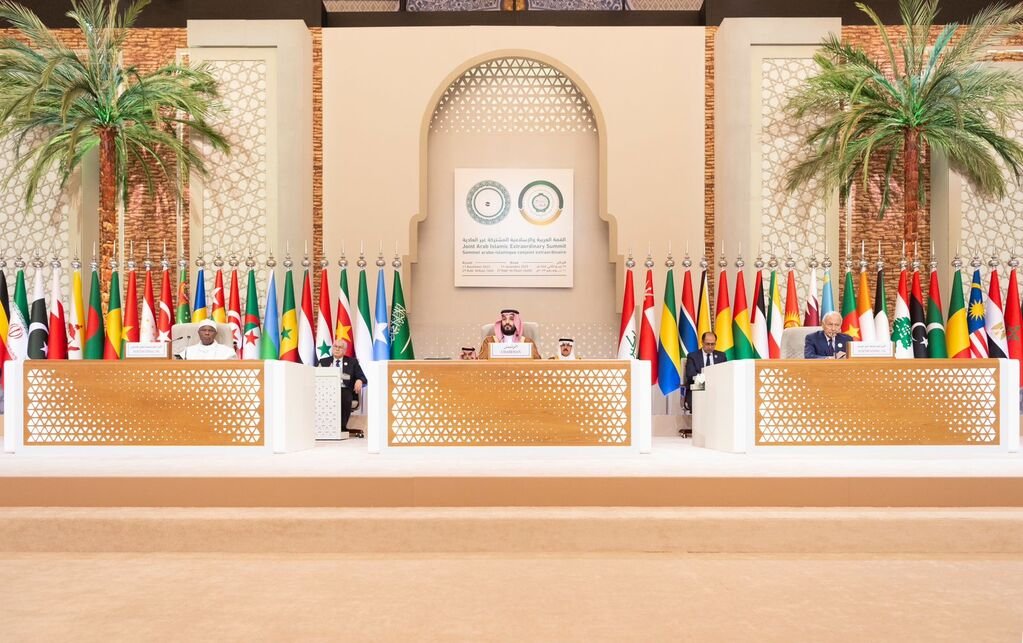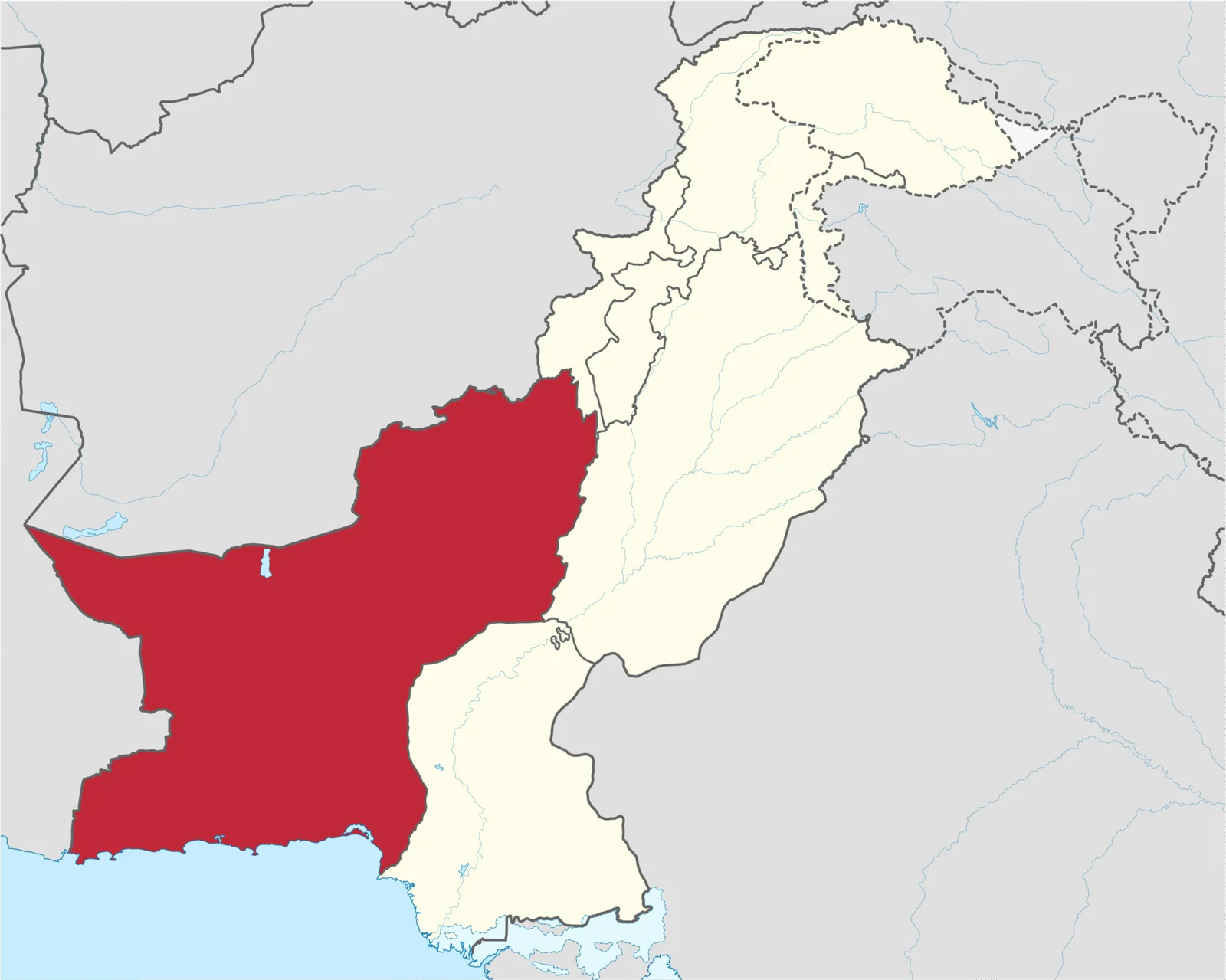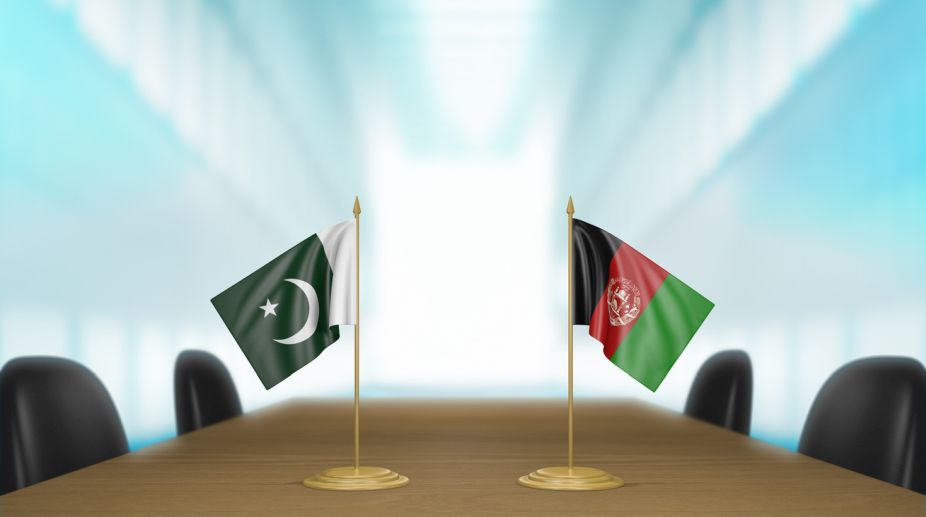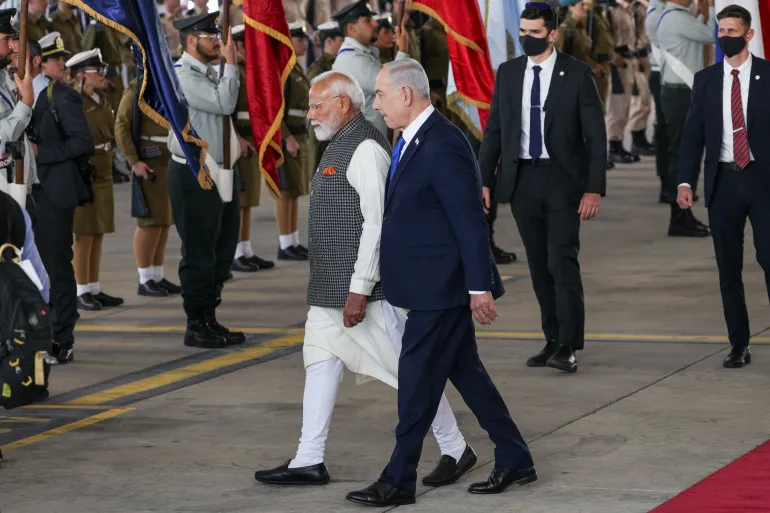Hafeez Ahmad Khan
The Organization of Islamic Cooperation (OIC) is a global organization representing the Muslim world’s collective interests. It was established in 1969 following the arson of the Al-Aqsa Mosque in Jerusalem. The OIC’s mission is to promote peace and harmony among all people, safeguard the rights of Muslims, and address the challenges its member states face.
The OIC has 57 member states spread across four continents. It has consultative and cooperative relations with the United Nations and other inter-governmental organizations. The OIC’s key bodies include the Islamic Summit, the Council of Foreign Ministers, and the General Secretariat. The OIC also has specialized organs such as the Islamic Development Bank and the Islamic Educational, Scientific and Cultural Organization.
The OIC’s Ten-Year Program of Action, adopted in 2005, laid out a blueprint for addressing its member states’ challenges in the 21st century. The program successfully concluded in 2015 and was succeeded by the OIC-2025 program. The OIC-2025 program focuses on 18 priority areas with 107 goals, including peace and security, poverty alleviation, counter-terrorism, investment and finance, and food security.
The OIC is committed to promoting the true values of Islam and safeguarding the rights of Muslims worldwide. It works to remove misperceptions about Islam and advocates for the elimination of discrimination against Muslims.
Please, subscribe to the monthly magazines of republicpolicy.com
Against the backdrop of the Palestine-Arab conflict and the war crimes by Israel in Gaza, the Joint Arab-Islamic Extraordinary Summit was held in Riyadh, Saudi Arabia, on Saturday, November 11, 2023, to address the Israeli aggression against the Palestinian people. The Summit was opened by Saudi Arabia’s Crown Prince and Prime Minister, Mohammed bin Salman bin Abdulaziz Al Saud. Leaders and heads of government from the Organization of Islamic Cooperation (OIC) and the League of Arab States (LAS) attended the Summit.
OIC Secretary-General Mr Hissein Brahim Taha thanked Saudi Arabia for hosting the Summit and providing generous hospitality. He affirmed the Summit’s solidarity with the Palestinian people and unwavering support for their cause. The Secretary-General called for an immediate, durable, and comprehensive cessation of Israeli aggression against the Palestinian people. He urged the opening of humanitarian corridors to deliver aid to the Gaza Strip and provide international protection for the Palestinian people. He rejected plans for the forced displacement of Palestinians. He emphasized that a lasting and comprehensive solution to the Palestinian Cause requires the establishment of an independent State of Palestine on the 1967 borders, with East Jerusalem as its capital.
Ostensibly, it was an extraordinary meeting with an ordinary outcome. The Muslim leaders could not deliver the promises of the OIC to the people of Palestine. The OIC is visibly divided into Arab and non-Arab states with leadership interests regarding who should lead the OIC. Then, there are economic, security and other interests. It is unfortunate to observe that the West is openly supporting and providing assistance to Israel, and the Islamic countries are unable to support Palestine, let alone assist them. Although Iran presented the resolution to declare Israel as a terrorist state, it was not endorsed by the Summit. Syria also forwarded the suggestion to disconnect the official relations with Israel; however, it was also not endorsed. The suggestion for oil supply was also not approved by the UAE and Bahrain. Resultantly, amid hue and cry, nothing concrete was endorsed. In the end, a traditional statement was issued.
The weak response raises a fundamental question. What is the advantage of keeping OIC when it cannot meet its objectives? OIC is unable to assist with issues like those of Kashmir and also not able to develop economic, technological and other standards for the cause of Islamic countries. Therefore, the performance of OIC is not less than disappointing.
Please, subscribe to the YouTube channel of republicpolicy.com
















